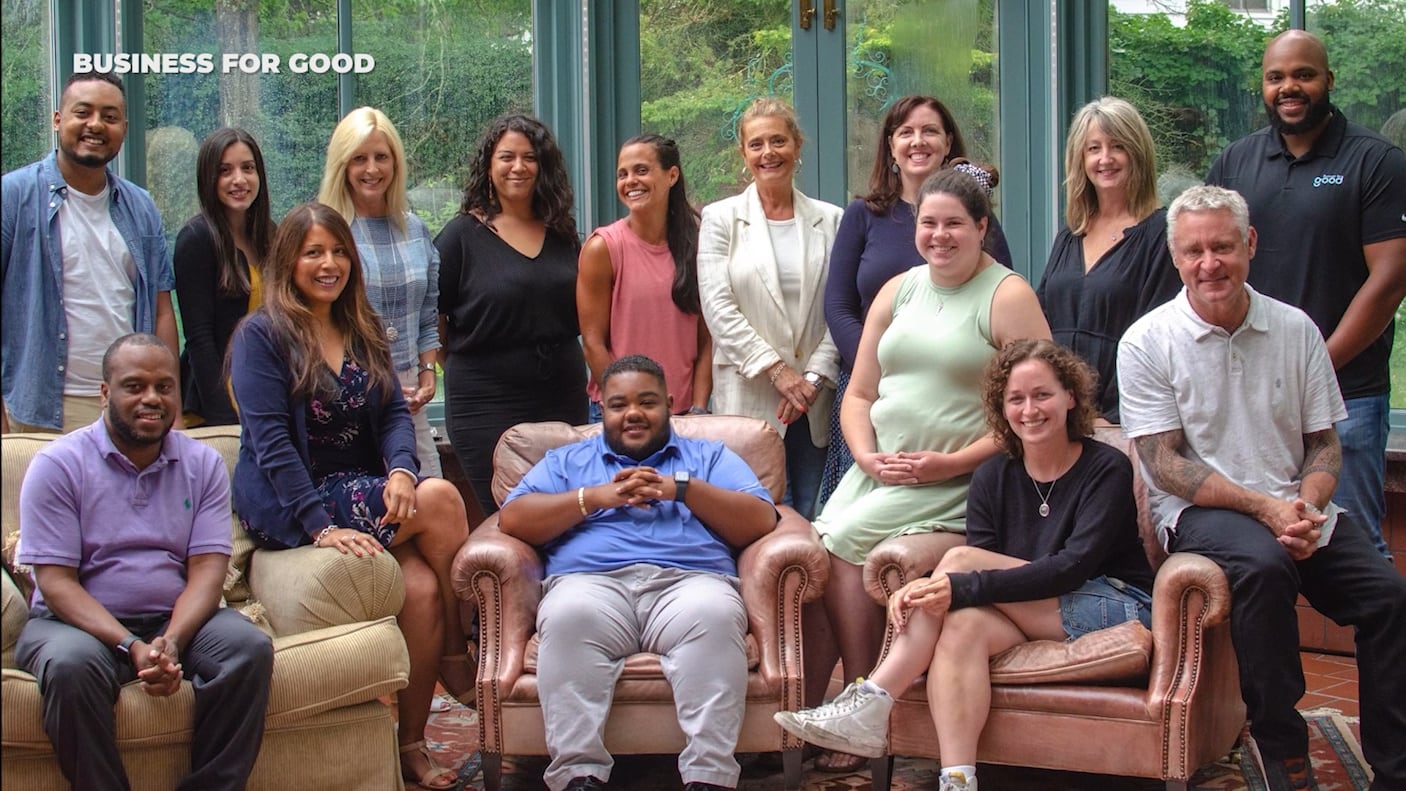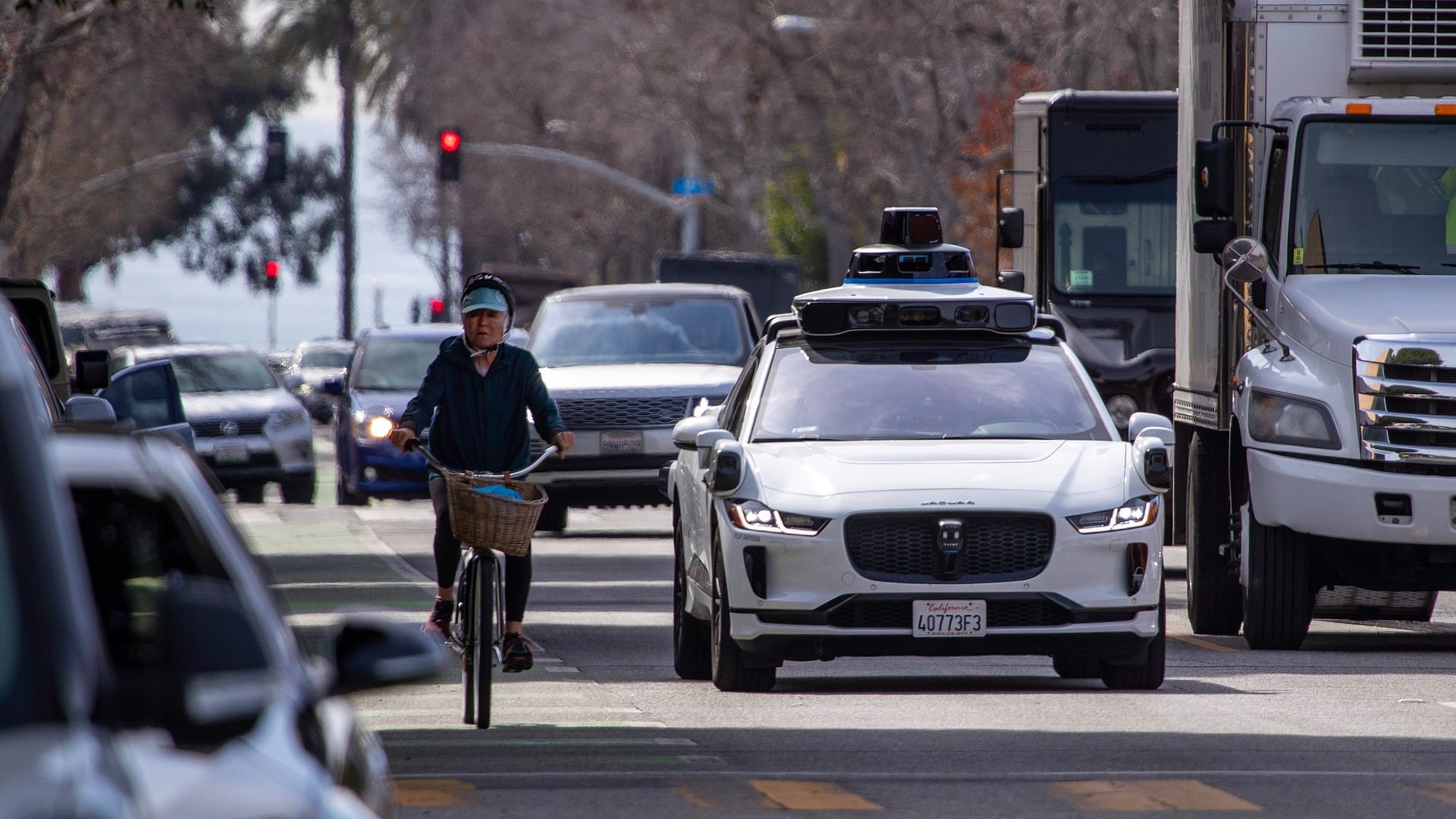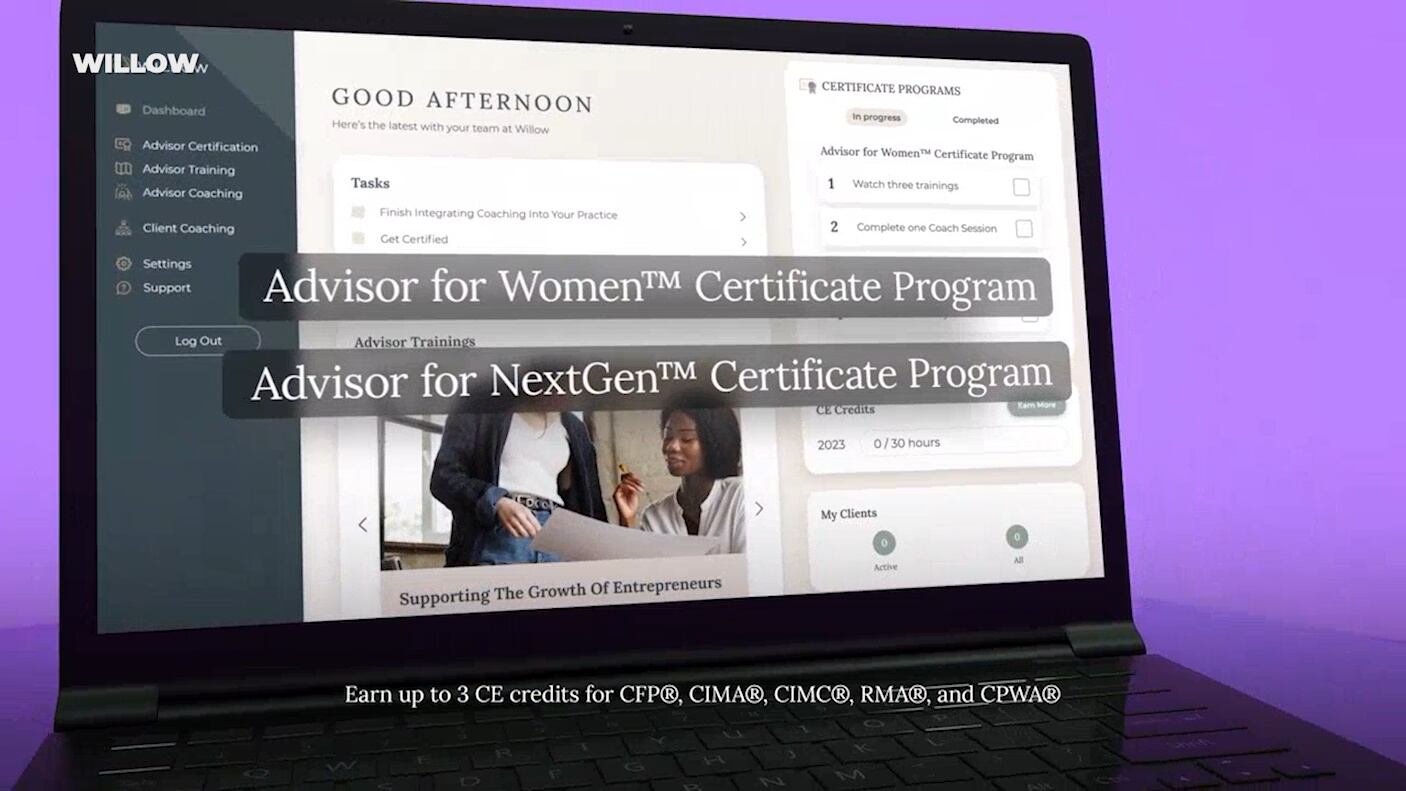A lot has been written about the impact the coronavirus pandemic has had on the U.S. meat industry and sitdown restaurants, but what about the other sectors of the food and beverage industry?
Wan Kim, CEO of Smoothie King, told Cheddar Tuesday that the pandemic pushed him and his team to build a bigger digital presence for its customers.
"When this kind of big disruption happens I think it was kind of a big wake up call," Kim said. "We really started to think of what else we could do, and there's a lot of things we could focus on like our digital stage."
The CEO is so committed to growing the company's digital presence that he announced on Cheddar that Smoothie King is planning to launch a subscription service this summer.
"We are also doing some research about whether we can actually roll out any subscription model and we are looking into it because, once again, changes are hard but actually this is the perfect time for us to do it," he said.
The fitness industry has also been rattled by the coronavirus pandemic. Gyms have been closed to reduce the spread of the virus and more people are taking advantage of at-home workouts, which is why Kim said it was important for Smoothie King to make deliveries.
"I see a lot of people actually getting the virtual workout as we speak and if that's what going to happen in the future, then we need to make sure our products actually get delivered to homes," he said.
The smoothie chain has ramped up its digital presence amid the pandemic by increasing its deliveries and teaming up with DoorDash to get smoothies to more customers. The company is also offering curbside pickup as well.












